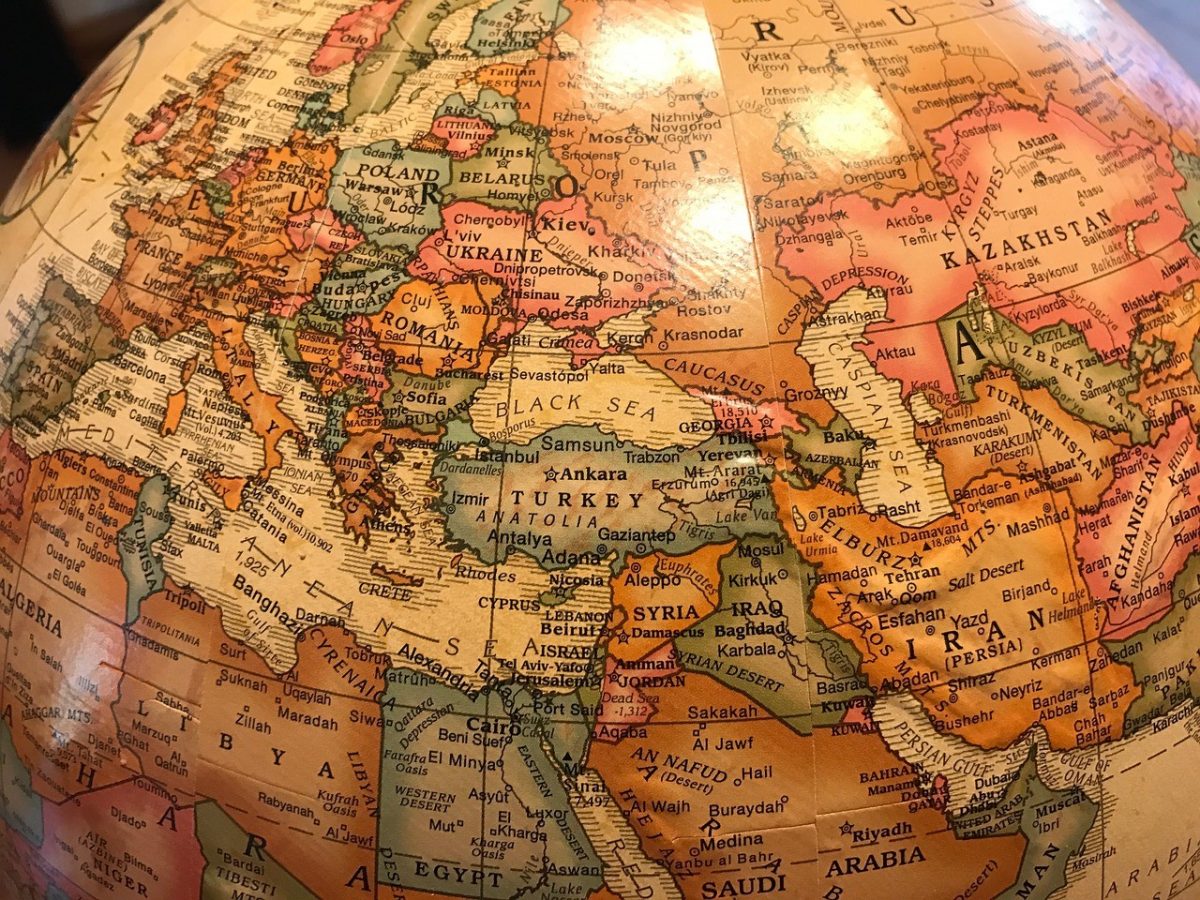Hotspots are popping up around the world this week. Some are more dramatic than others. The Hamas-led terrorist attack against the Israeli civilian population, including murders, kidnappings, beheadings of infants, and rape leads the headlines, along with images of physical destruction across Israel. There appears to be little respite this year from terrorists and regimes threatening to destroy freedom and kill their enemies. The war in the Middle East is intense and has pushed news on Russia’s protracted war in Ukraine aside. That is not an indication, however, that Putin has retreated or changed his position on reclaiming the land of the Tzarist Russian empire. In recent weeks there is a new hotspot emerging from the shadows on a narrow strip of strategic land inside Armenia. Although war is uncertain, the area has the potential to ignite in a major conflict.
The Zangezur Corridor, also known as the Syunik Oblast, is set to trigger a larger and more broad conflict that could lead to global power involvement. Paul Goble, of the Jamestown Foundation, says thatbfollowing Azerbaijan’s re-assertion of control over the Karabakh region in the South Caucasus, the balance put in place by Joseph Stalin is now in serious jeopardy. The situation, he adds, “is explosive.”
Vladimir Prokhvatilov, a Russian commentator, compared the environment there today to the Danzig Corridor crisis that contributed to the outbreak of World War II. The land in question lies between Azerbaijan and Nakhchevan, an area of non-contiguous autonomy.
With the ethnic Armenian community leaving Karabakh, it appears ripe for Azerbaijan to occupy the Syunik Oblast using force. Prokhvatilov suggests that while the situation is not certain, “the road through Zangezur to Turkey is like air to both countries; and for the achievement of their goals, they can apply a classical operation under a false flag or by force.” He points out that Azerbaijani President Ilham Aliyev already has spoken publicly about the possibility.
Analysts in Washington indicate that the situation appears ready to deteriorate quickly as the de facto enclave of Nagorno-Karalakh is experiencing a rapid escalation of tension, according to Goble. This could draw in Moscow, with Putin likely to attempt to divide and rule the region as he has done elsewhere. On September 25, Turkish President Tayyip Recep Erdogan met with the Azerbaijani president to discuss the expansion of ties with the region and the possible expansion of a transit corridor through Iran, although Tehran is unlikely to agree to it.
Almost a century ago, Stalin forced an asymmetrical position to ensure Moscow’s position and to deprive Turkey of a land bridge linking Turkic Central Asia to Azerbaijan. It also provided Armenia with an external Soviet border to Iran, says Goble. Although the name is unfamiliar to many in the West, the Zangezur Corridor is getting noticed by officials in both Turkey and Azerbaijan. Goble says “Armenia has lost Karabakh and may be threatened in Zangezur with the two Turkic countries in a position to potentially sweep the board.” Russia is supporting Armenia’s position publicly, along with Iran. There is talk in both countries of moving forward in the corridor despite Armenia’s dragging its feet.
Analysts are concerned that since Putin is occupied with the war in Ukraine and the use of force was successful recently in Karabakh, Baku and Ankara may decide to take the Zangezur Corridor. Iran is watching the situation closely as such a move would expand Turkish influence across the country’s northern border while reducing its ability to influence events in the South Caucasus. Russia would prefer to stay out of a war in the region but any shift there could impact its border area with Georgia and that country’s links to the outside world. Putin is unlikely to sit on the sidelines.
Russia is also concerned that if the Central Asian states form more complex links with Turkey, it would support Erdogan’s goal of the creation of a Turkic world. Goble says that such a shift in Zangezur could “affect the wider geopolitics of Central Asian and the South Caucasus…[and] have an impact on the regional influence of China, the European Union, and the West.” China does not favor Turkey garnering additional strength and influence in the region as it could constrain Beijing’s position. While the United States would welcome Russia having less regional influence, Washington might be compelled to consider protecting Armenia from new Turkic advances. Although not the hottest of hot spots in the world this week, wars have ignited over less significant events.
Daria Novak served in the U.S. State Dept.
